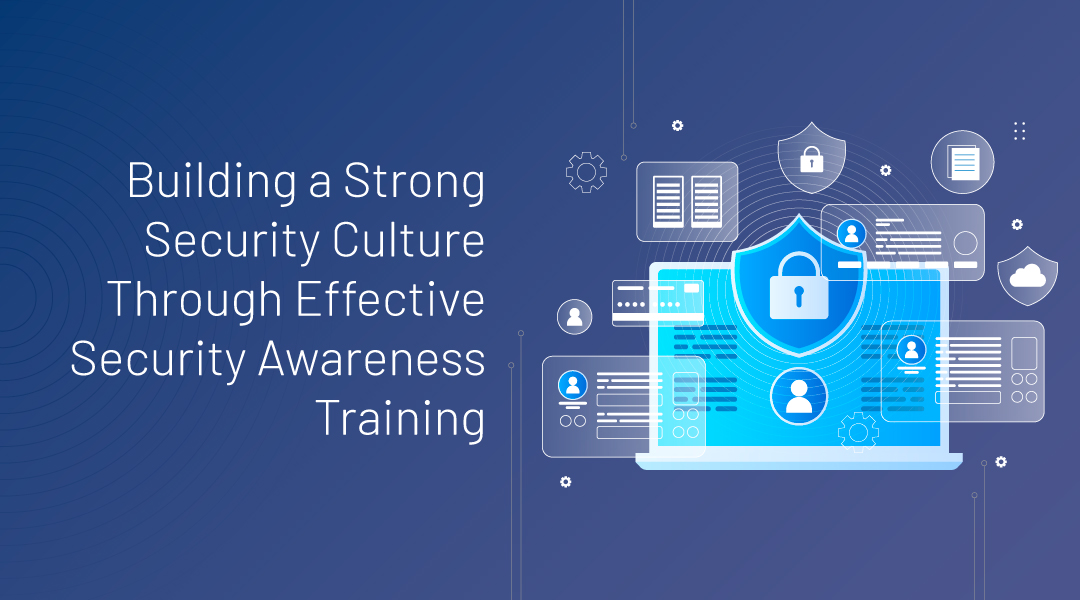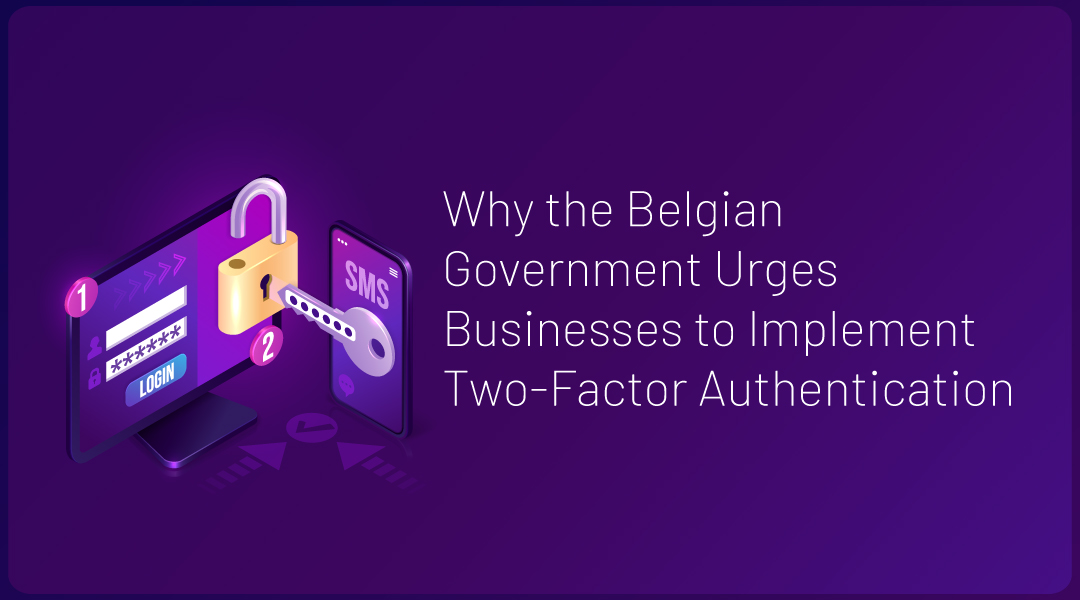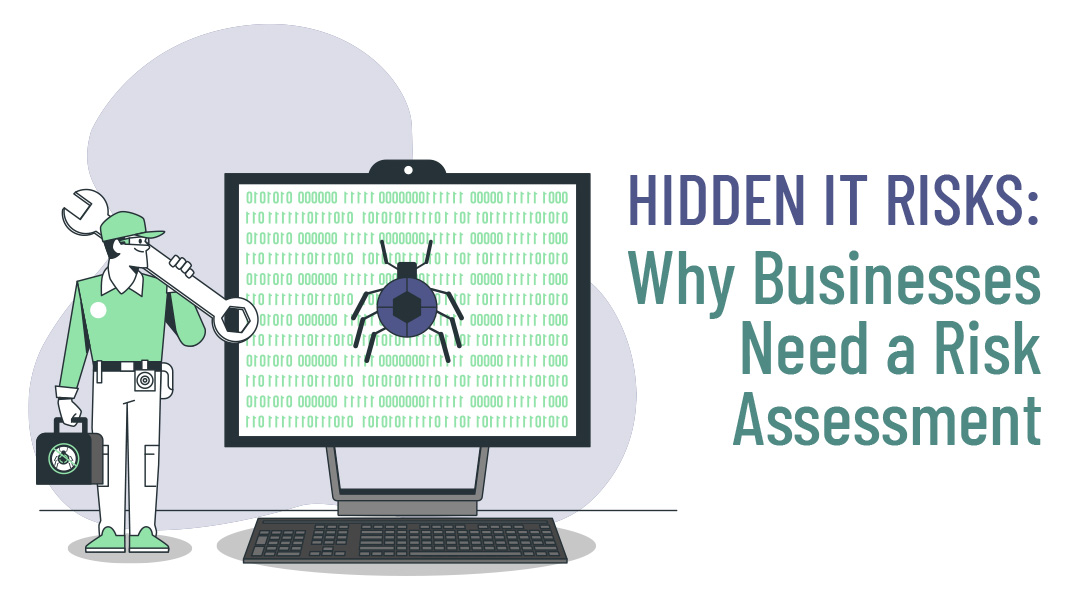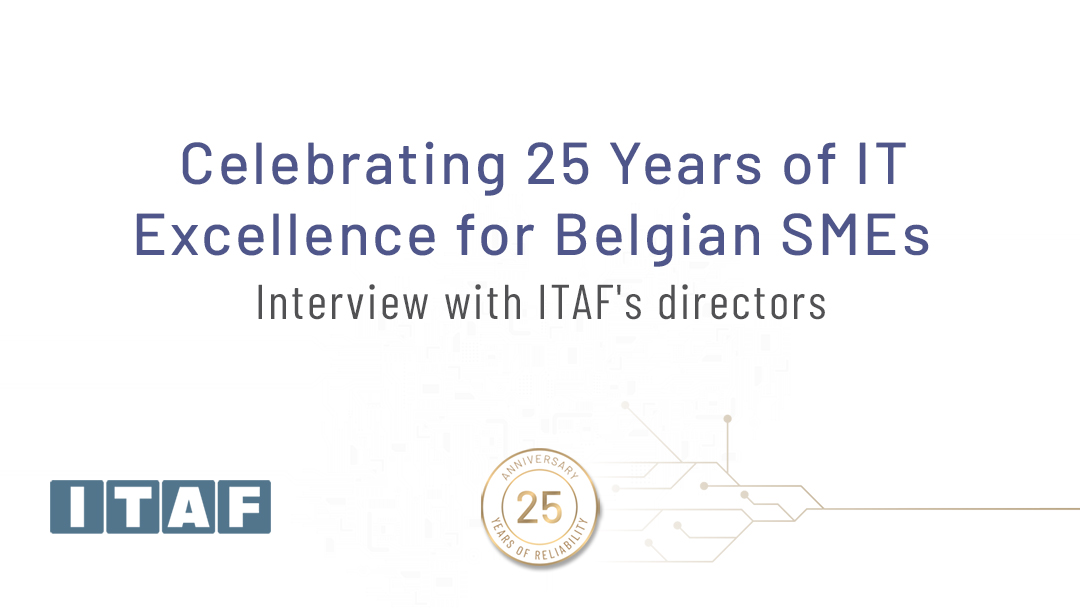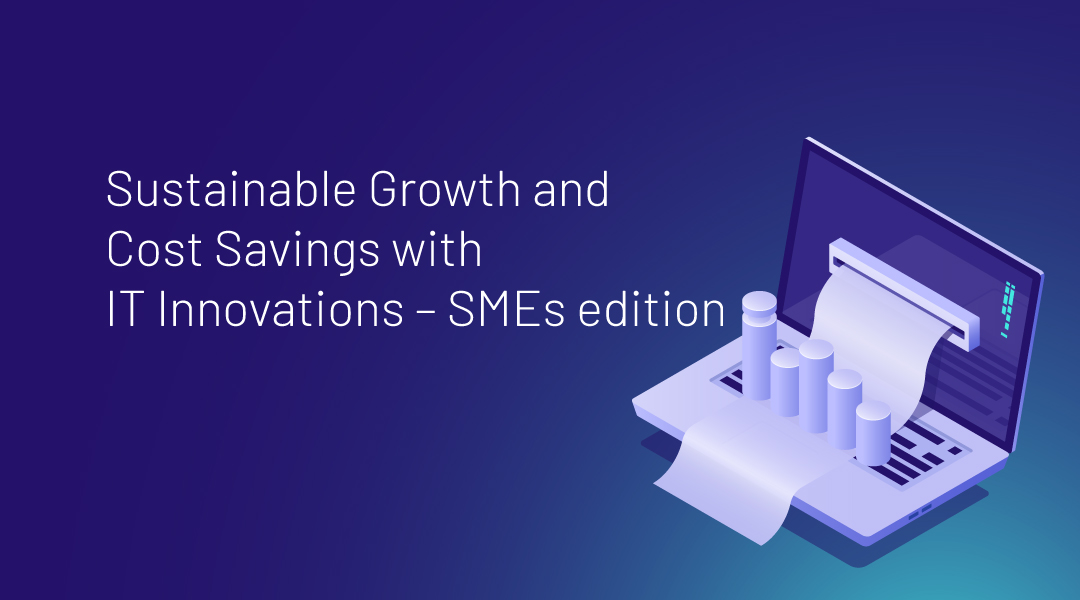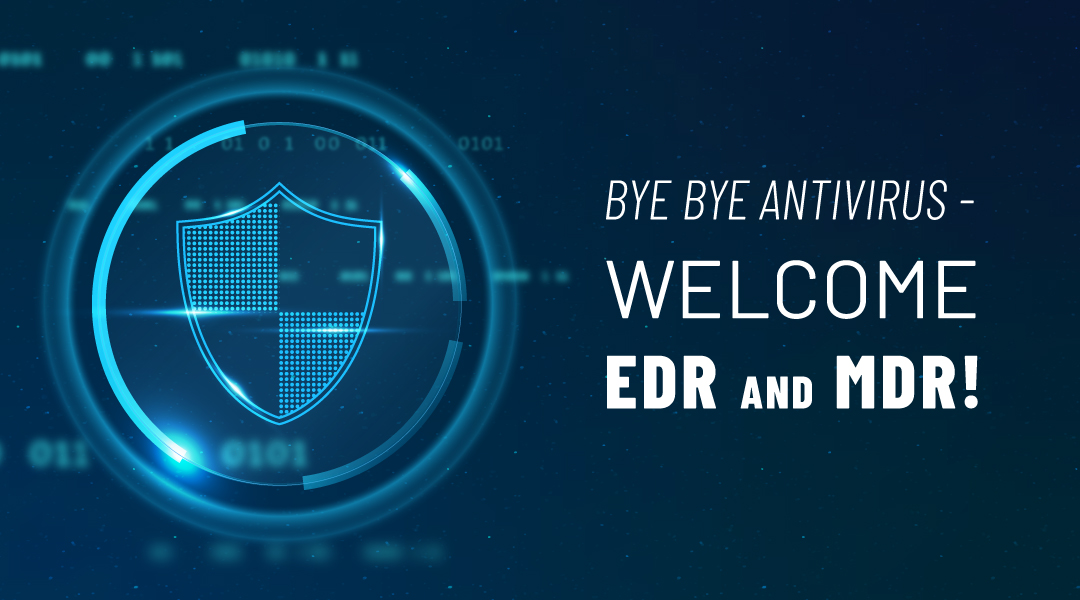Cyber threats are becoming more and more complex and frequent. It’s no longer enough for businesses to simply install antivirus software and firewalls to protect their sensitive data. Employees are increasingly being targeted as the weakest link in a company’s security chain. That’s why organizations must implement security awareness training program.
But what’s the most effective way to deliver this training – through one-time sessions or continuous training? In this article, we’ll explore the benefits of continuous security awareness training and phishing simulations, based on our own experience as an IT security partner.
Continuous Training vs. One-Time Training
Many businesses have traditionally delivered security awareness training in the form of one-time sessions. Employees are required to sit through a lengthy training session once a year. However, research has shown that people tend to forget information quickly when they only encounter it once a year. That’s why continuous training is believed to be a more effective approach. ITAF’s security awareness training provides employees with regular, bite-sized training sessions. This way, businesses can reinforce important security concepts and help employees stay vigilant against cyber threats.
The Benefits of Continuous Training
ITAF is providing a continuous training program that consists of short, regular training sessions delivered to employees every once in a while.
How this looks in practice: Now and then employees get an invitation to follow a very short session about security issues and how to avoid data losses and cyberattacks. It can be a video, a real-time exam, or an example of what recently had happened security wise. This invitation requires a very short effort – around 5 minutes per 2 weeks.
By delivering training sessions on a regular basis, businesses can reinforce important security concepts and keep them top-of-mind for employees. This can help reduce the risk of human error. This way employees are more aware of potential security threats and they must think about these problems continuously.
Continuous training encourages employees to engage with security concepts regularly, which can help prevent them from falling victim to cyber-attacks. By keeping training sessions short and manageable, employees are regularly exposed to security concepts and best practices, and it is less likely to forget what is important security wise.
Phishing Simulations
In addition to regular training sessions, ITAF also conducts phishing simulations to test employees’ ability to recognize and respond to potential threats. These simulations involve sending fake phishing emails to employees’ inboxes and monitoring their responses. If an employee falls for a fake phishing email, they are redirected to a page that informs them they have been phished.
The Benefits of Phishing Simulations
Phishing simulations help raise employee awareness of the risks of cyber-attacks. It teach them how to recognize and respond to potential threats. By simulating real-world scenarios, employees are better prepared to handle actual attacks.
By monitoring employee responses to phishing simulations, businesses can identify weaknesses in their security posture, This way they can address them before they become a problem. This can help prevent real-world attacks and improve overall security.
When employees know that they will be regularly tested on their ability to recognize and respond to potential threats. They are also more likely to be vigilant in their day-to-day activities.
How can ITAF help?
Continuous security awareness training and phishing simulations are critical components of any effective cybersecurity program. By offering regular, bite-sized training sessions and conducting regular phishing simulations, organizations can help keep their employees vigilant and better prepared to handle potential threats.
ITAF, powered by Phished, offers comprehensive security awareness training and phishing simulations to help businesses protect themselves from cyber threats.
Contact us today or book a call to learn more.

